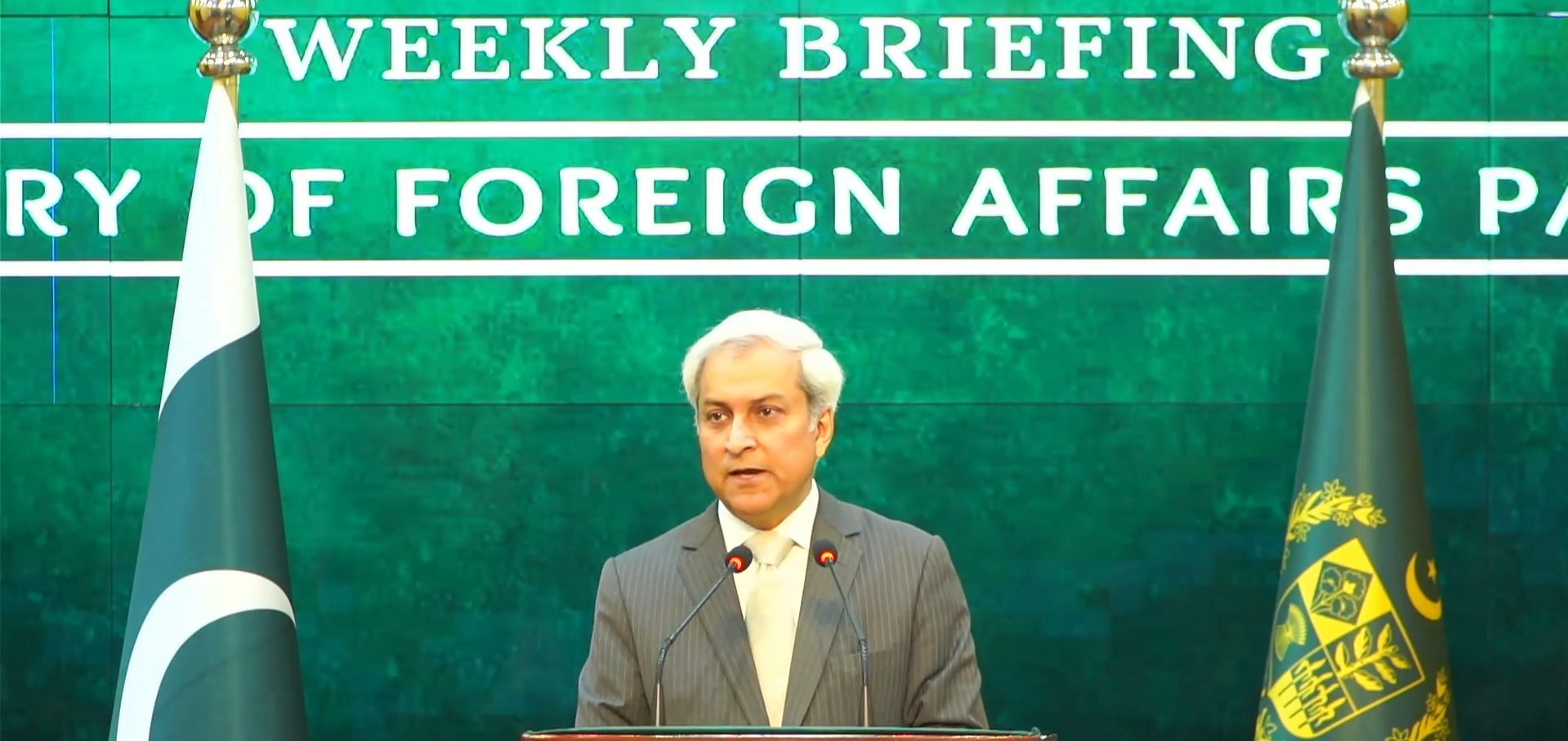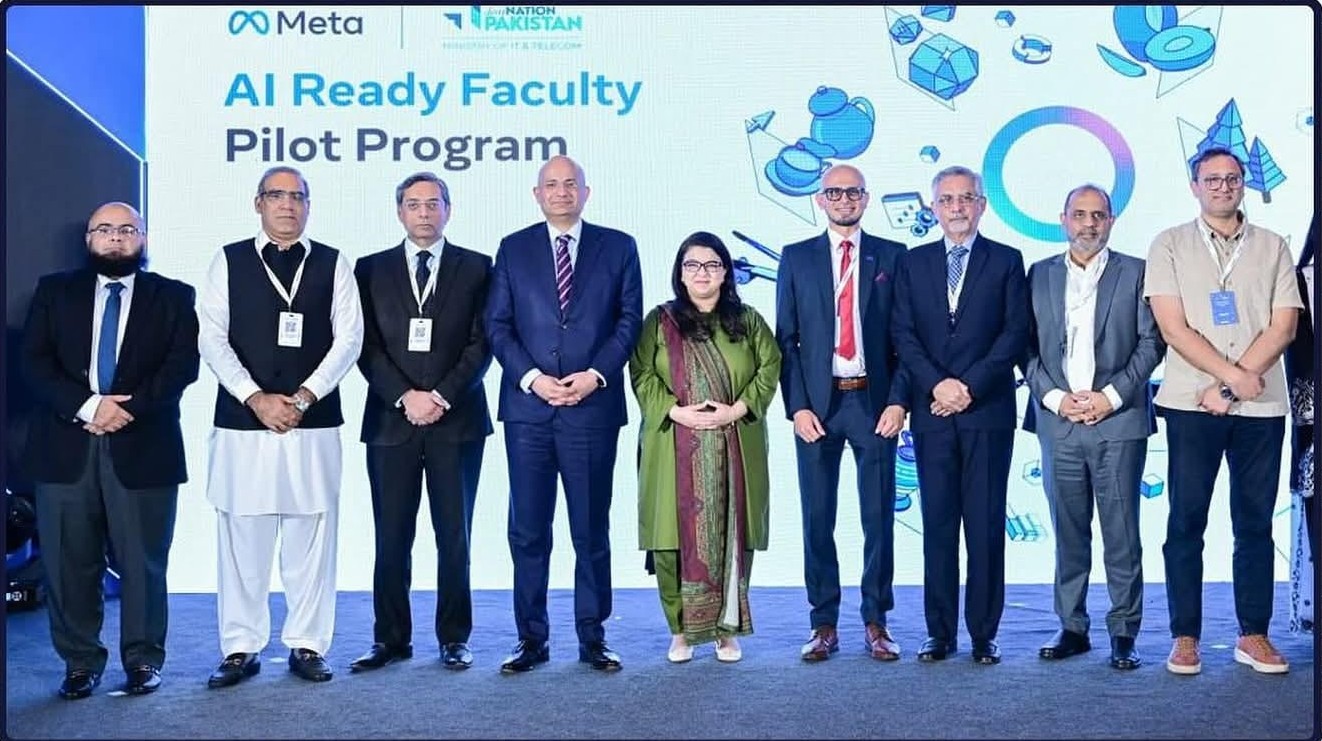ISLAMABAD: Pakistan Ministry of Information Technology and Telecommunication and tech giant Meta on Monday launched an Urdu version of Meta AI, said an official statement.
Federal Minister of Information Technology and Telecommunication Shaza Fatima Khawaja, who inaugurated the event, said the initiative was part of the prime minister’s “Digital Nation Vision.”
The launch took place at the “Future in Focus: AI and Innovation” event in Islamabad, bringing together government officials, tech leaders, and academics to discuss how Pakistan can accelerate its digital evolution. The IT ministry stated the event was part of a broader push to expand artificial intelligence literacy and digital transformation in Pakistan.
The highlight was ALIF: Meta’s Urdu-language upgrade to its AI assistant, which will enable millions of Pakistanis to interact with Meta AI in their native language, aiming to make technology more inclusive and accessible nationwide.
The IT minister described ALIF as “a milestone in making technology more inclusive and ensuring that no one is left behind in Pakistan’s digital transformation.”
The ministry also announced several collaborations with Meta to strengthen AI literacy and improve government digital capacity. This includes a program to train university faculty in AI fundamentals, helping prepare students for an increasingly automated economy.
Meanwhile, Meta introduced a localized version of its "Transforming Public Sector Innovation in Asia Pacific with Llama" guide with the aim to help governments use Meta’s open-source AI model, Llama, for smarter public services and data management.
“Meta is deeply committed to supporting Pakistan’s vision for AI-driven growth,” said Meta’s Director of Public Policy for South and Central Asia, Sarim Aziz. “With these new initiatives and the introduction of Urdu in Meta AI, we’re opening new opportunities for local communities to engage with technology in their own language.”
The AI Literacy Program, launched earlier this year in partnership with Meta, the Higher Education Commission, and Atomcamp, aims to train non-computer-science faculty members across Pakistan. The effort is designed to integrate AI understanding across disciplines and prepare future graduates for a changing job market.
“By equipping non-technical faculty with AI knowledge, we’re creating a ripple effect that will reach thousands of students,” said the CEO of Atomcamp, Fizza Amjad. “This is about building a truly AI-literate academic ecosystem.”




.jpg)

